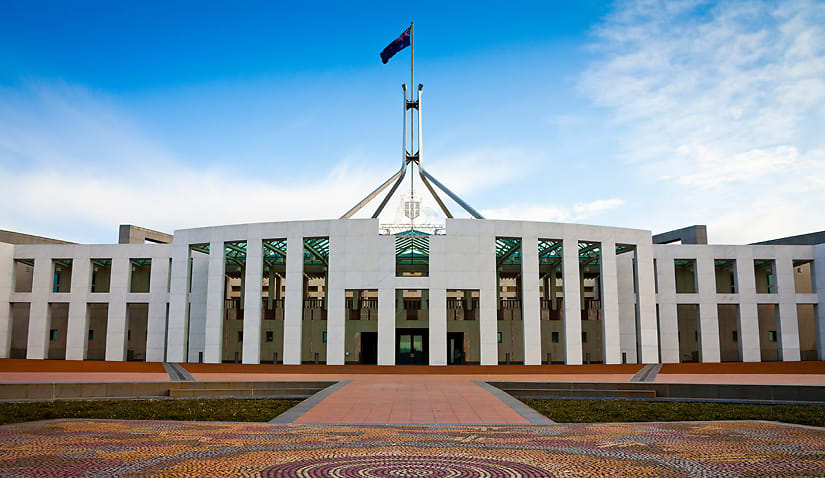The Human Rights Law Centre has voiced significant concerns over the Albanese government’s proposal to ban social media for teenagers under the age of 16, warning that such a measure could cause more harm than good.

Earlier this month, Prime Minister Anthony Albanese announced the Online Safety Amendment (Social Media Minimum Age) Bill 2004, which, if enacted, will prohibit teenagers under the age of 16 from accessing and using social media platforms such as Snapchat, TikTok, and X.
As reported by Lawyers Weekly’s sister brand, Cyber Daily, PM Albanese claimed that social media and the platforms that dominate it present a legitimate danger to young people as a pathway towards harmful subjects such as sexual harassment, online bullying, peer pressure, and scams.
However, the Human Rights Law Centre (HRLC) has voiced concerns regarding the Albanese government’s proposed bill and has called on Parliament to reconsider and reject the passing of the legislation.
The independent organisation expressed how banning young Australians from social media misdirects attention away from the real issue, “which is the turbocharging of mis and disinformation, hate speech and other harmful and illegal online content by big tech platforms, which is poisoning our communities”.
Instead, the HRLC argues that the Albanese government’s proposed measure would “punish” and “restrict” teenagers from accessing a “valuable tool” that enables them to “connect, express themselves, seek information and build communities”.
The HRLC also pointed out that evidence from other countries indicates that social media bans and age verification measures have “not worked”.
As a result, the independent organisation has advocated that a more effective and balanced approach would be a “broad duty of care requiring social media platforms to take reasonable steps to protect every user from foreseeable harm, applicable to everyone”.
David Mejia-Canales, a senior lawyer at the HRLC, criticised the bill for prioritising the penalisation of young Australians rather than focusing on holding social media companies accountable for ensuring the safety of their platforms.
“The Albanese government should focus on making platforms safer for everyone and hold social media platforms accountable for their failure to stop harm, instead of punishing young people,” Mejia-Canales said.
“The Albanese government is rushing these laws through, with minimal scrutiny, in the final sitting days of the year. If the Albanese government is confident in the necessity of this legislation, it should welcome robust consultation, not evade it.”
The proposed social media ban, Mejia-Canales argued, is merely “putting a Band-Aid on a growing wound” rather than addressing the systemic issue at the core.
“The social media ban is a distraction; it’s putting a Band-Aid on a growing wound. Instead of piecemeal age restrictions, we need an overarching duty of care that ensures digital platforms prioritise the safety, privacy, and wellbeing of all their users, not just the youngest,” Mejia-Canales said.
Mejia-Canales also expressed how banning teens from social media undermines their fundamental human rights “in unacceptable ways, including their rights to freedom of expression, access to information, and privacy”.
He said: “There are also potential constitutional concerns with this bill, given its blanket ban on those under 16 using some of the primary tools for political communication in today’s society.”